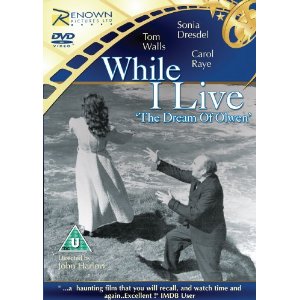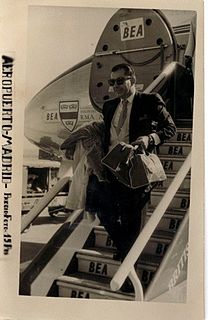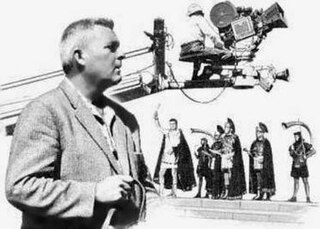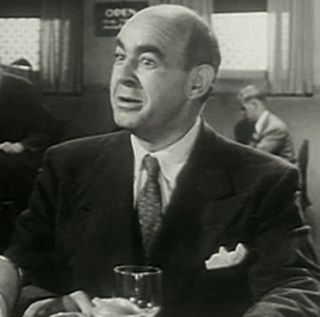Raymond Poulton | |
|---|---|
| Born | 22 May 1916 |
| Died | 1992 |
| Occupation | Editor |
| Years active | 1947–1980 (film) |
Raymond Poulton (1916–1992) was a British film editor. [1] During his career he worked on around forty productions, including two James Bond films Live and Let Die and The Man with the Golden Gun .
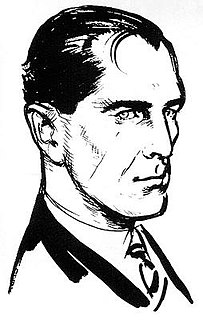
The James Bond series focuses on a fictional British Secret Service agent created in 1953 by writer Ian Fleming, who featured him in twelve novels and two short-story collections. Since Fleming's death in 1964, eight other authors have written authorised Bond novels or novelizations: Kingsley Amis, Christopher Wood, John Gardner, Raymond Benson, Sebastian Faulks, Jeffery Deaver, William Boyd and Anthony Horowitz. The latest novel is Forever and a Day by Anthony Horowitz, published in May 2018. Additionally Charlie Higson wrote a series on a young James Bond, and Kate Westbrook wrote three novels based on the diaries of a recurring series character, Moneypenny.

Live and Let Die is a 1973 British spy film, the eighth in the James Bond series to be produced by Eon Productions, and the first to star Roger Moore as the fictional MI6 agent James Bond. Produced by Albert R. Broccoli and Harry Saltzman, it was the third of four Bond films to be directed by Guy Hamilton. Although the producers had wanted Sean Connery to return after his role in the previous Bond film Diamonds Are Forever, he declined, sparking a search for a new actor to play James Bond. Moore was signed for the lead role.

The Man with the Golden Gun is a 1974 British spy film, the ninth in the James Bond series produced by Eon Productions, and the second to star Roger Moore as the fictional MI6 agent James Bond. A loose adaptation of Ian Fleming's novel of the same name, the film has Bond sent after the Solex Agitator, a device that can harness the power of the sun, while facing the assassin Francisco Scaramanga, the "Man with the Golden Gun". The action culminates in a duel between them that settles the fate of the Solex.
